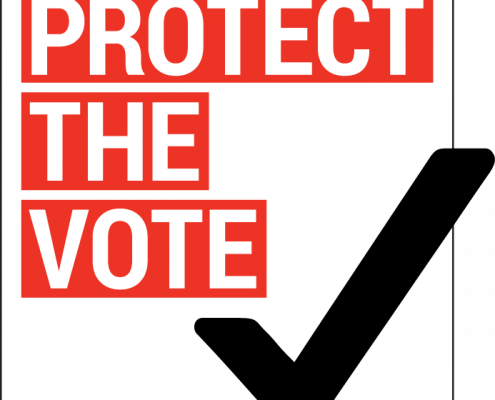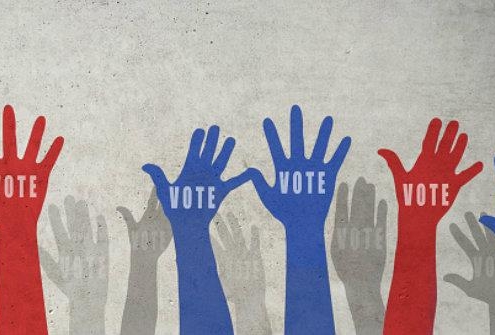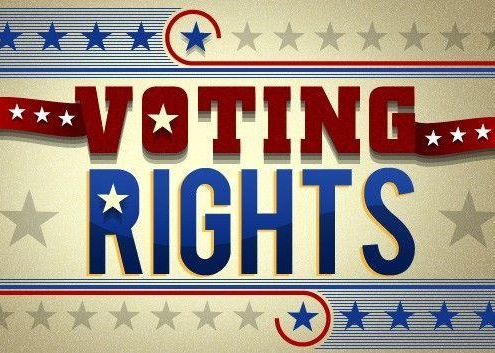Posts

Co-Director of UCLA Voting Rights Center Secures Settlement on Texas Voting Rights Case
UCLA lecturer and co-director of the UCLA Voting Rights Center,…

UCLA Lecturer Works as Lead Attorney on Texas Voter Purge Case
These last two weeks, a court in San Antonio, Texas has taken…

Testimony on Voting Rights Issues
The U.S. House Committee on Administration was authorized…

Defending Voting Rights: A Civil Rights and Social Science Partnership in Action
By Chad Dunn, Brazil & Dunn, Attorneys at Law, and Matt…

